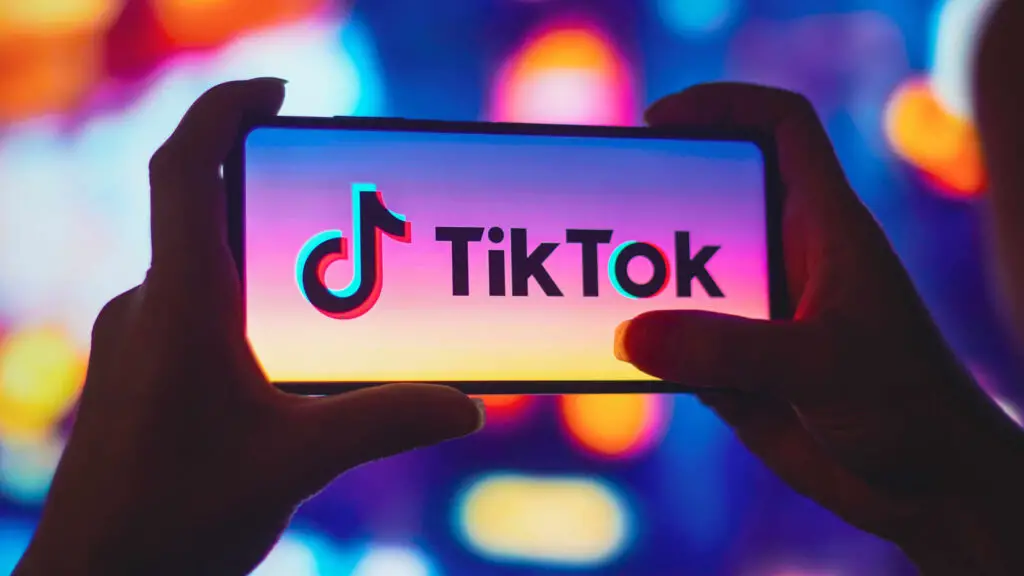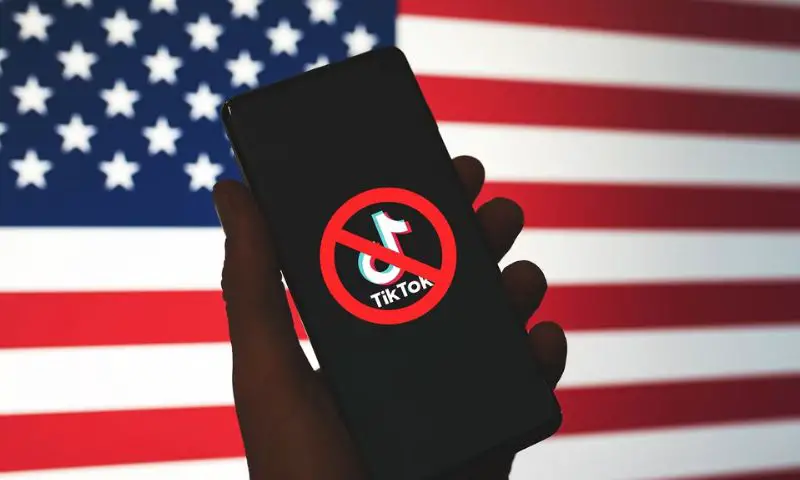The U.S. Senate recently voted by a wide margin in favor of legislation that could lead to a ban on TikTok in the United States. The bill requires ByteDance, TikTok’s Chinese owner, to divest the app within the next nine months to a year. This decision comes amidst concerns among U.S. lawmakers about potential national security risks associated with TikTok, including the possibility of China accessing Americans’ data or using the app for surveillance.
The legislation, which was also passed by the U.S. House of Representatives, is expected to be signed into law by President Joe Biden. TikTok has expressed its intention to challenge the bill on First Amendment grounds, and users are expected to take legal action as well.

This move is part of a broader conflict between Washington and Beijing over technology and internet control. The bill’s supporters argue that it is necessary to protect national security, while critics warn of potential censorship and government overreach.
If ByteDance fails to divest TikTok, the app could be banned in the U.S., and app stores like Apple and Google would be prohibited from offering it. The legislation could also pave the way for the White House to ban or force the sale of other foreign-owned apps deemed security threats.

While the bill aims to address national security concerns, some lawmakers have raised questions about its potential impact on Americans’ First Amendment rights. The bill gives ByteDance a limited time frame to divest TikTok’s U.S. operations, with a possible extension if progress is made towards a deal.
Overall, the legislation marks a significant development in the ongoing debate over TikTok’s presence in the United States. It highlights the challenges of balancing national security interests with individual freedoms in the digital age.


